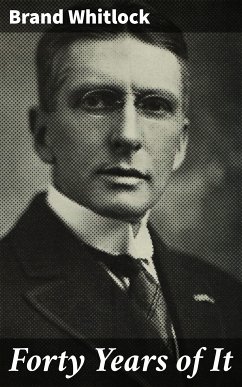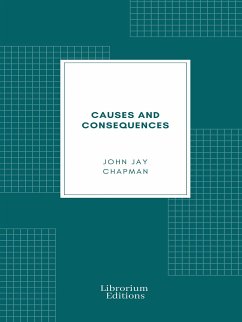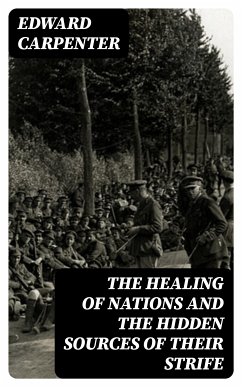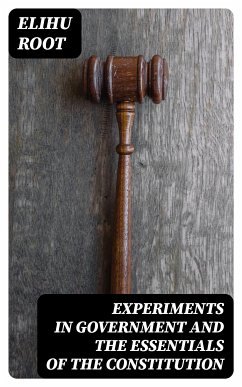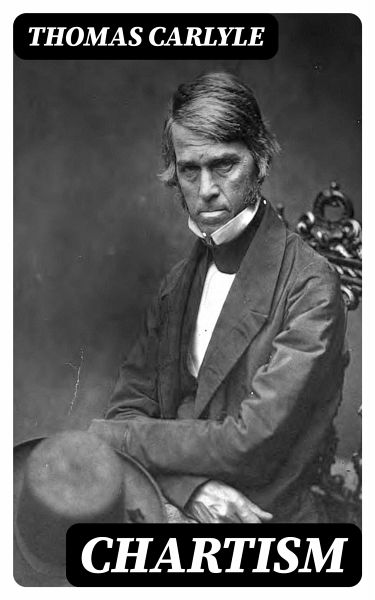
Chartism (eBook, ePUB)

PAYBACK Punkte
0 °P sammeln!
In "Chartism," Thomas Carlyle delves into the socio-political upheaval of early Victorian England, examining the Chartist movement's demands for electoral reform and workers' rights. Written in a passionate and impassioned style, the text serves as both a critique and a manifesto, blending historical analysis with vibrant rhetoric to engage the readership. Carlyle's exploration of the moral and social implications of industrialization reflects the complexities of his time, as he grapples with the stark inequalities wrought by the capitalist system and advocates for genuine social change amidst...
In "Chartism," Thomas Carlyle delves into the socio-political upheaval of early Victorian England, examining the Chartist movement's demands for electoral reform and workers' rights. Written in a passionate and impassioned style, the text serves as both a critique and a manifesto, blending historical analysis with vibrant rhetoric to engage the readership. Carlyle's exploration of the moral and social implications of industrialization reflects the complexities of his time, as he grapples with the stark inequalities wrought by the capitalist system and advocates for genuine social change amidst widespread despair and political disillusionment. Thomas Carlyle (1795-1881), a Scottish essayist and historian, was profoundly influenced by the tumultuous events of his era, including the rise of industrialism and the accompanying struggles of the working class. His personal experiences with poverty and the moral crises of the age are evident in his writings. The encounter with the Chartist movement, which sought to empower the disenfranchised, directly resonated with Carlyle's philosophical convictions concerning duty, labor, and the rights of individuals in society. "Chartism" is an essential read for those interested in the intersections of literature, politics, and social philosophy. The book not only enhances our understanding of 19th-century movements for reform but also serves as a timeless reminder of the power of collective action against systemic injustice. Carlyle's insightful observations resonate today, making this work a vital contribution to both historical and contemporary discussions on democracy and social justice.
Dieser Download kann aus rechtlichen Gründen nur mit Rechnungsadresse in A, B, BG, CY, CZ, D, DK, EW, E, FIN, F, GR, H, IRL, I, LT, L, LR, M, NL, PL, P, R, S, SLO, SK ausgeliefert werden.








